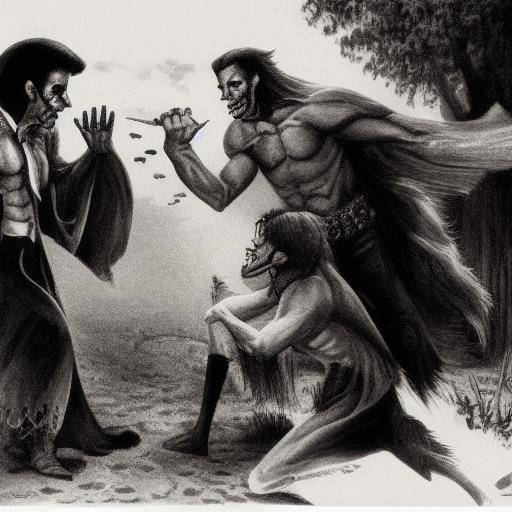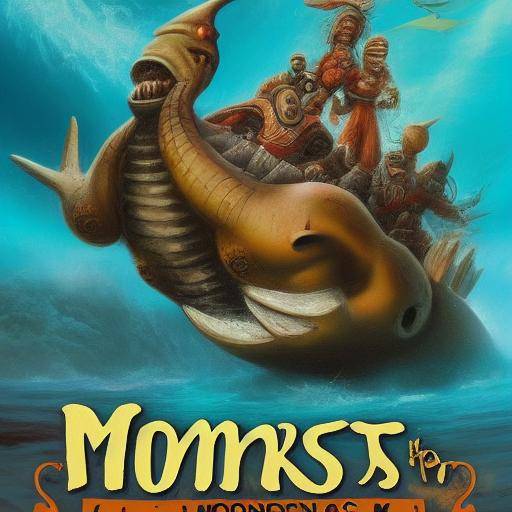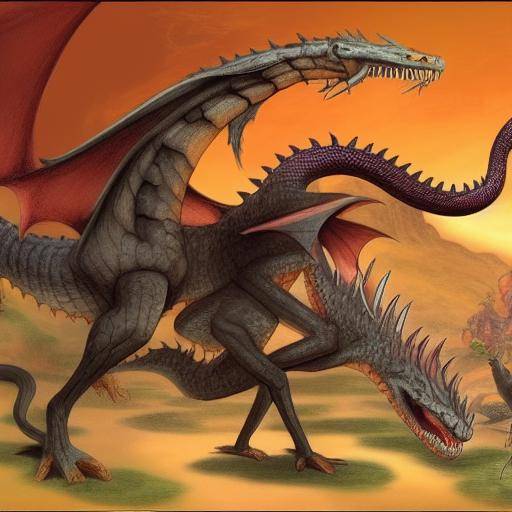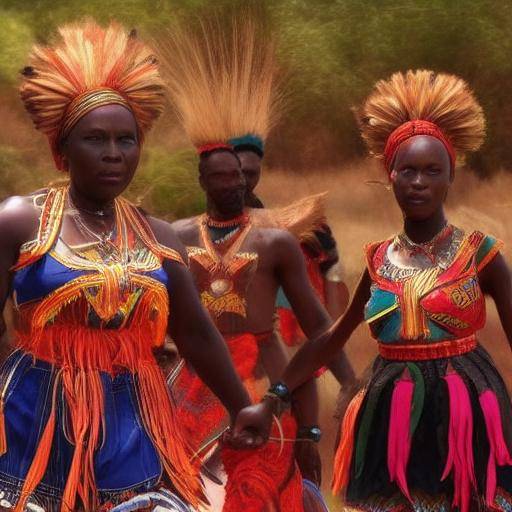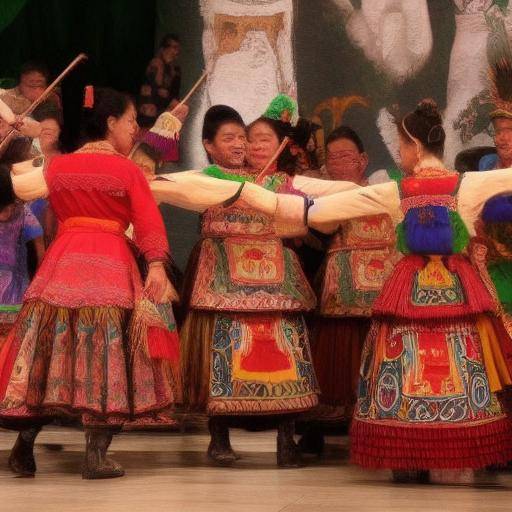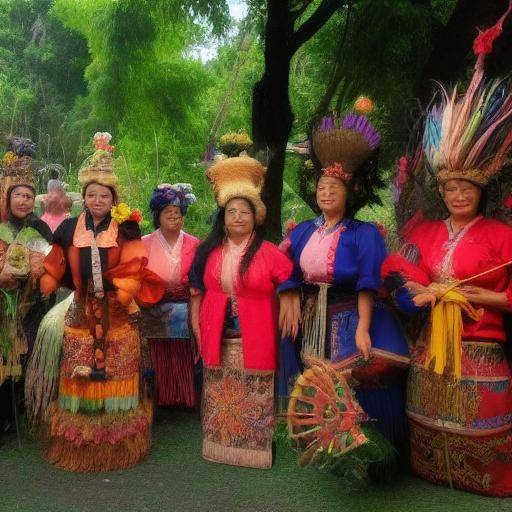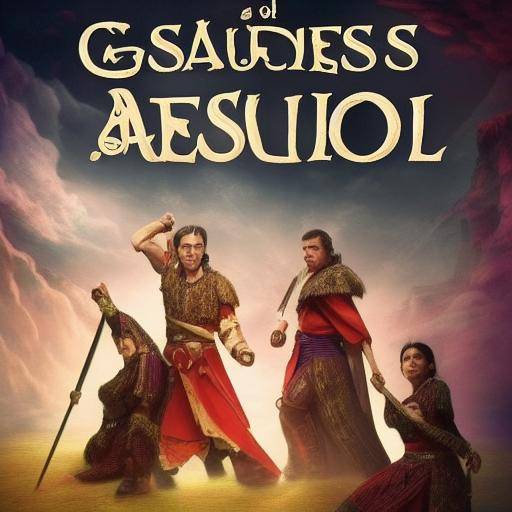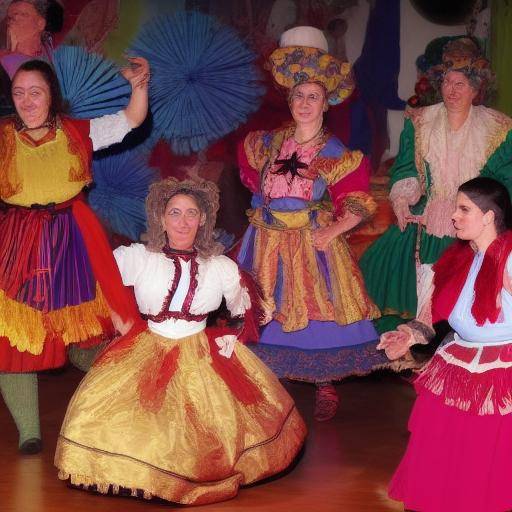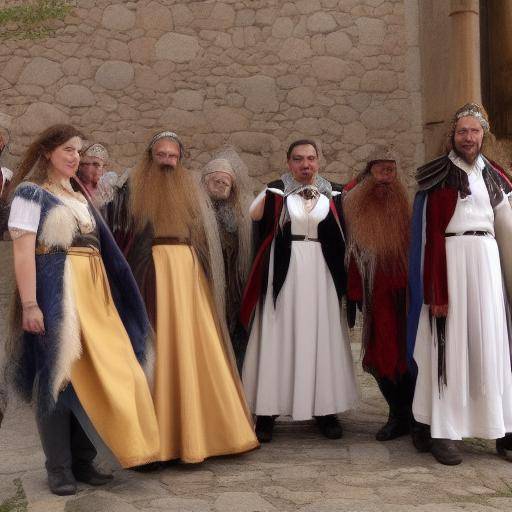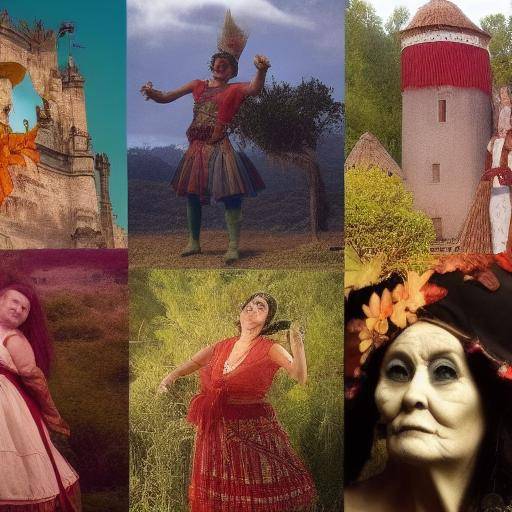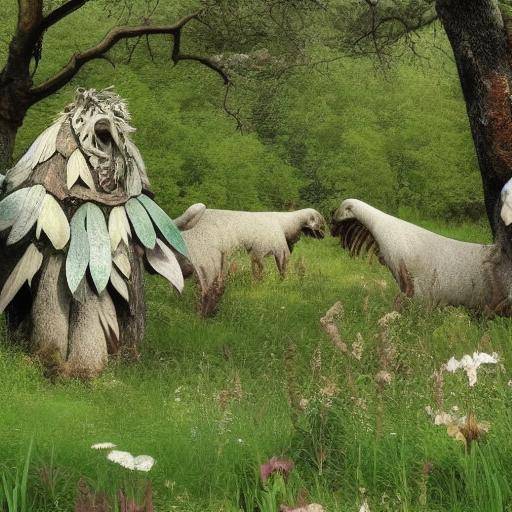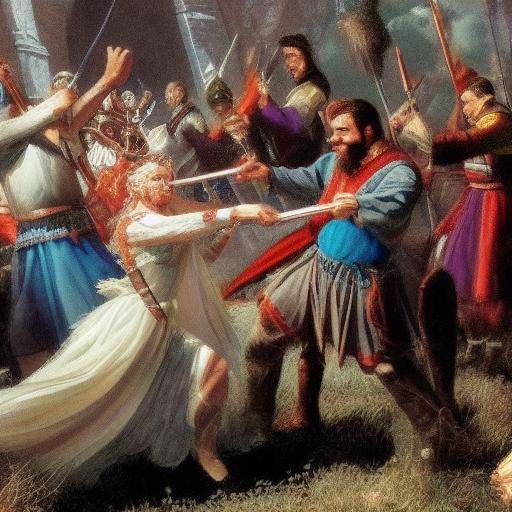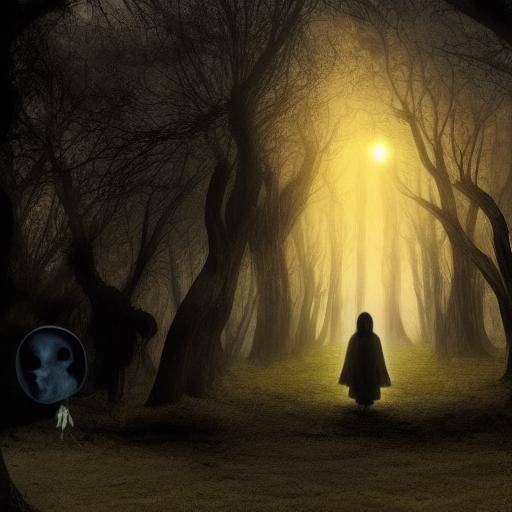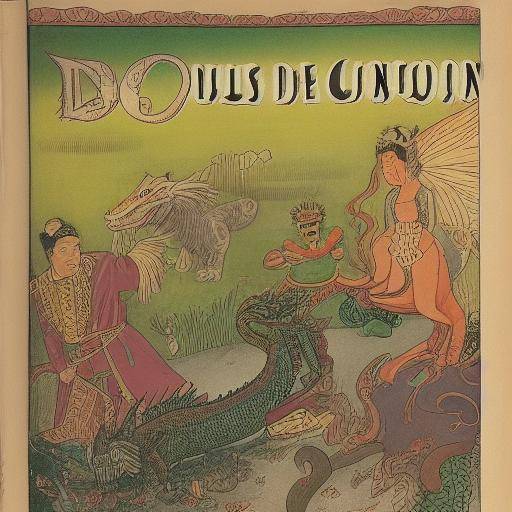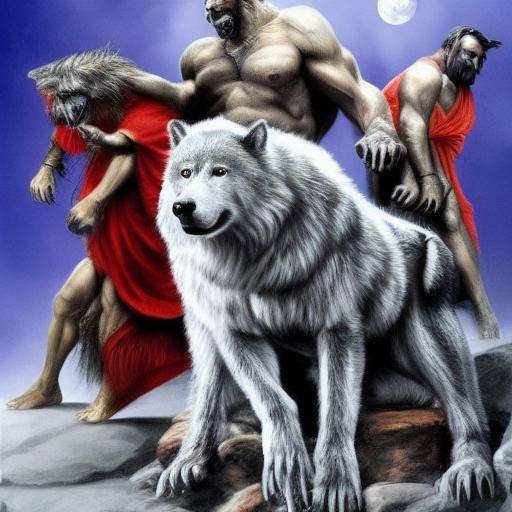
Wolf men, supernatural beings who have captivated the imagination of cultures around the world for centuries, are part of the legends and mythologies of various civilizations. In this article, we will explore the fascinating history, evolution and perception of werewolves as well as their relationship with other supernatural beings and the legends surrounding them.
Introduction
The legends of the werewolves, known for their ability to transform from humans to wolves, go back to ancient times and have been transmitted through generations, generating fear, fascination and mystery. In this article, we will enter into the history and origins of these creatures, explore their presence in different cultures and mythologies, and analyze their relationship with other supernatural beings and the legends that surround them.
History and Origins
The first references to lycatropy date back to ancient Greece, with accounts of men who became wolves as divine punishment or pacts with deities. Throughout history, these narratives have evolved and intertwined with various beliefs and superstitions.
In the Middle Ages, during times of collective hysteria and persecutions of witchcraft, the stories of werewolves reached their boom, being associated with the idea of the pact with the devil and the transformation into thirsty beasts of blood in nights of full moon.
Over time, werewolves became a recurring element in popular culture, appearing in literary works, films and other forms of entertainment, which helped keep their presence alive in the collective imagination.
Analysis in Deep
Within the broad spectrum of supernatural beings, werewolves occupy a prominent place because of their human and animal duality, which has generated symbolic interpretations that have been studied and analysed in academic and cultural fields.
The narratives of werewolves have also been used as metaphors to explore the internal struggle between rationality and bestiality, as well as to analyze the connection of the human being with primitive nature and instincts.
Comprehensive review
The legends of werewolves have transcended borders and adapted to different cultures, generating unique versions and representations in each region of the world. From the stories of licanthropists in Europe to the traditions of werewolf men in Latin America and other parts of the globe, each story provides characteristic nuances and twists that enrich the universe of the legends of lycantropy.
Comparative analysis
Comparatively, the stories of werewolves are related to other supernatural legends and beings, such as vampires, changing forms and other mythological beings, sharing common elements and differences that reflect the rich diversity of popular beliefs around the world. These connections promote a wider understanding of supernatural figures and their impact on culture and society.
Practical Tips and Accessible Recommendations
While the legends of werewolves have been perpetuated through literature, cinema and other forms of artistic expression, it is important to address them from a critical and reflective perspective, understanding their cultural context and their influence on the collective perception of the supernatural.
Industry Perspectives and Expert Reviews
The interest in the legends of werewolves remains in effect in contemporary culture, which is reflected in the constant production of related content and in the continuous debate on its significance and relevance today.
Case Studies and Real Life Applications
The impact of the legends of werewolves extends to multiple spheres, from entertainment to psychology and anthropology, where their symbolism and meaning have been the object of analysis and reflection. Through concrete cases, it is possible to understand how these narratives intertwine with social, cultural and psychological aspects, influencing the perception and behaviour of people.
Future Trends and Predictions
As culture and society evolve, so do the representations of the werewolves and their place in the collective imagination. The influence of these legends will continue to adapt to new contexts and generations, offering inexhaustible possibilities of reinterpretation and analysis.
Conclusion
The legends of werewolves, supernatural beings that have inspired fear, fascination and reflection throughout the centuries, continue to be an inexhaustible source of inspiration and debate. By exploring their history, their connections to other supernatural beings and their influence on popular culture, we enter into a universe of mystery and duality that transcends time and borders.
Frequently asked questions
1. What is the origin of the legends of werewolves?
The legends of werewolves have their roots in ancient cultures around the world, where they were associated with the transformation between humans and animals, symbolizing different aspects of human condition.
2. What role do wolf men play in contemporary culture?
Currently, the representations of werewolves persist in various forms of entertainment, literature and digital culture, keeping their relevance within the popular and artistic sphere.
3. Is there any scientific basis for the legends of werewolves?
While the narratives of werewolves are framed in the supernatural and mythical, they have been the subject of analysis from psychology, anthropology and other fields of study, which explore their symbolism and meaning in society.
4. How do the legends of werewolf men relate to other supernatural figures?
The connections between the legends of werewolves, vampires, changeforms and other mythological beings reflect the wealth and complexity of popular beliefs in different cultures, demonstrating the interconnection of supernatural accounts.
5. What is the influence of the legends of werewolves in the perception of the supernatural?
The narratives of werewolves have influenced the construction of collective perception over the supernatural, contributing to the configuration of myths and symbols that persist in popular culture.
6. What is the legacy of werewolf legends in modern popular culture?
The legends of werewolves have left a significant legacy in popular culture, inspiring numerous literary, cinematographic and artistic works that perpetuate their influence on collective imagination.
In conclusion, the legends of werewolves, along with other supernatural beings and the many legends that accompany them, constitute a vast and fascinating universe of myths and imagination that continues to captivate and inspire people of all ages and cultures.
With a historical wealth and a persistent presence in contemporary culture, the narratives of werewolves ensure their place in the collective imagination, inviting reflection, exploration and the constant reinterpretation of their symbolism and meaning in today's society.





